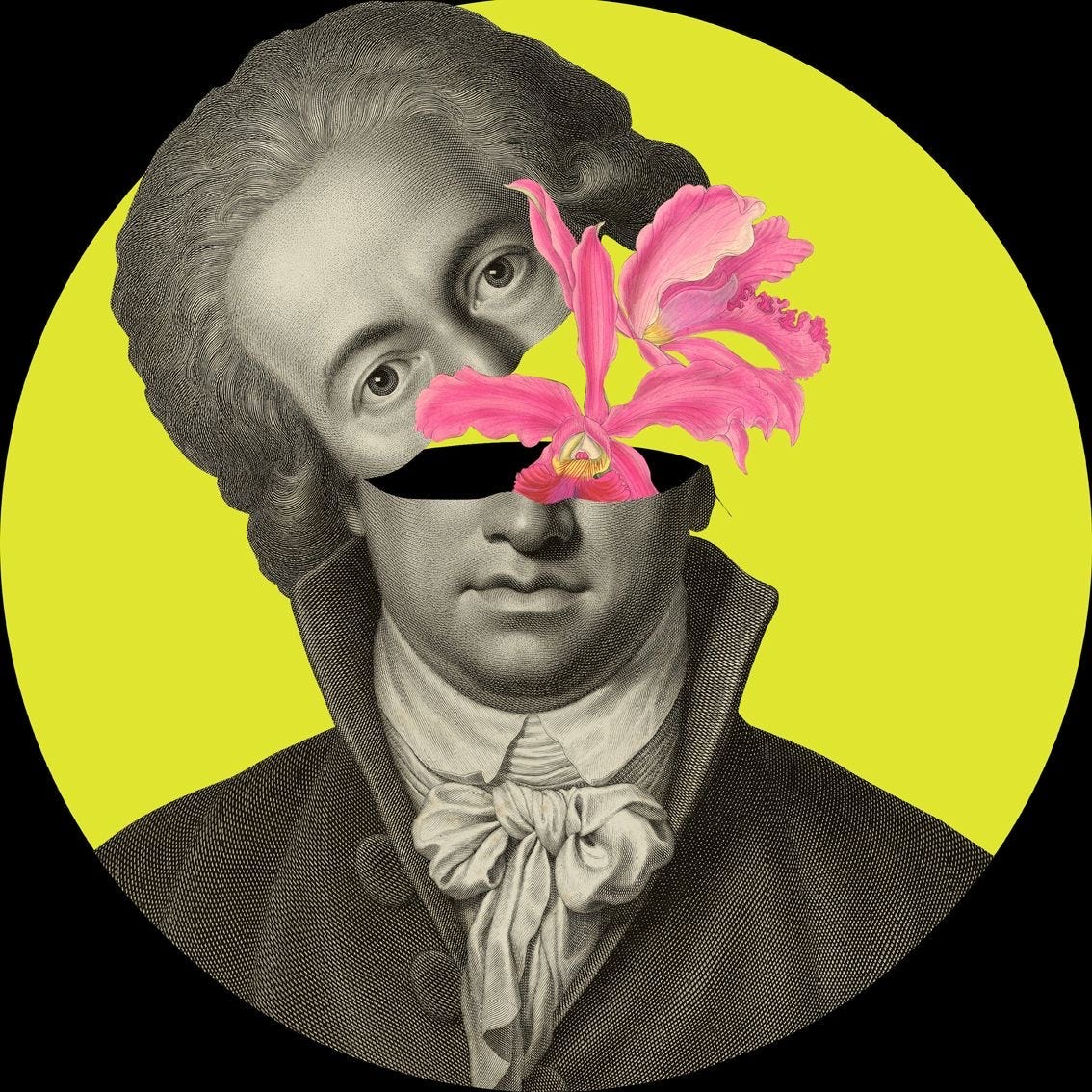I
In a more or less raw mass, tight circles come into existence; the relationships are the most intimate, one confides only in the friend, one sings only to the beloved, everything has a domestic-familial character. The circles close themselves off from the outside and must do so, because they have to secure their existence in the raw environment. They therefore also insist on preferring the mother tongue, one can rightly call this epoch
the idyllic Epoch.
II
The tight circles multiply and at the same time expand themselves further, the inner circulation becomes more lively, one does not refuse the influence of foreign languages, the circles remain separated, but approach one another and let each other be. I would call this epoch
the social or civic Epoch.
III
Finally, the circles multiply and expand ever more from within, in such a way that they touch one another and prepare a merging. They realize that their wishes, their intentions are the same, but they cannot absolve the lines of separation. It may for the time being be called
the (more) general Epoch.
IV
That it may become universal, however, it requires fortune and favor, of which we may presently boast. For as we have faithfully furthered those Epochs for many years, so it requires a higher influence to bring about what we are experiencing today: the unification of all cultivated circles, which previously only touched, the recognition of a purpose, the conviction how necessary it is to educate oneself of the conditions of the present course of the world in the real and ideal sense. All foreign literature places itself on equal footing with the native, and we do not fall behind in the world’s circulation. This portrayal may express heartfelt thanks and the most sincere panegyric to its noble benefactors.
Salvo Meliore
Weimar, the 25th of April 1831
J. W. v. Goethe



